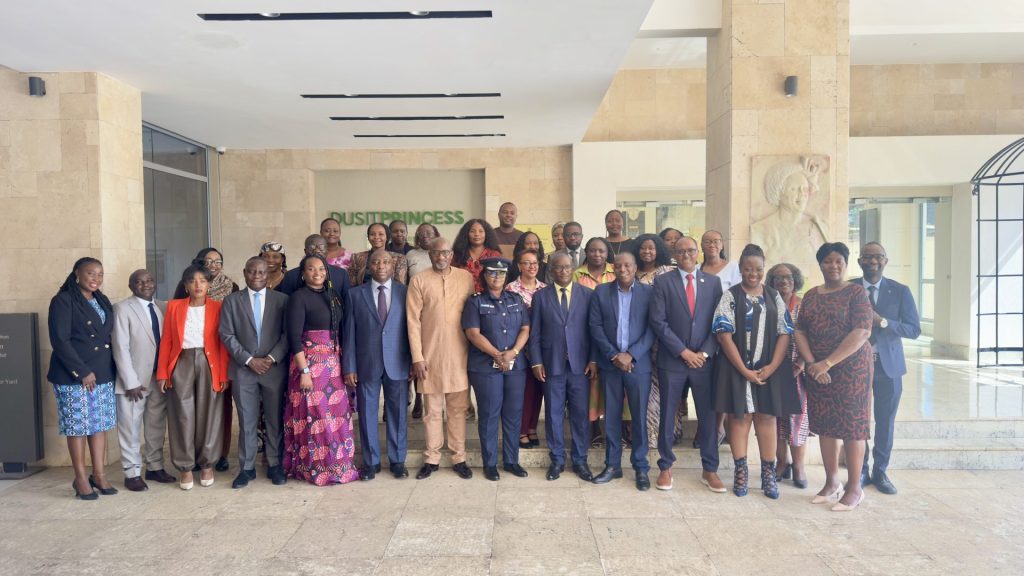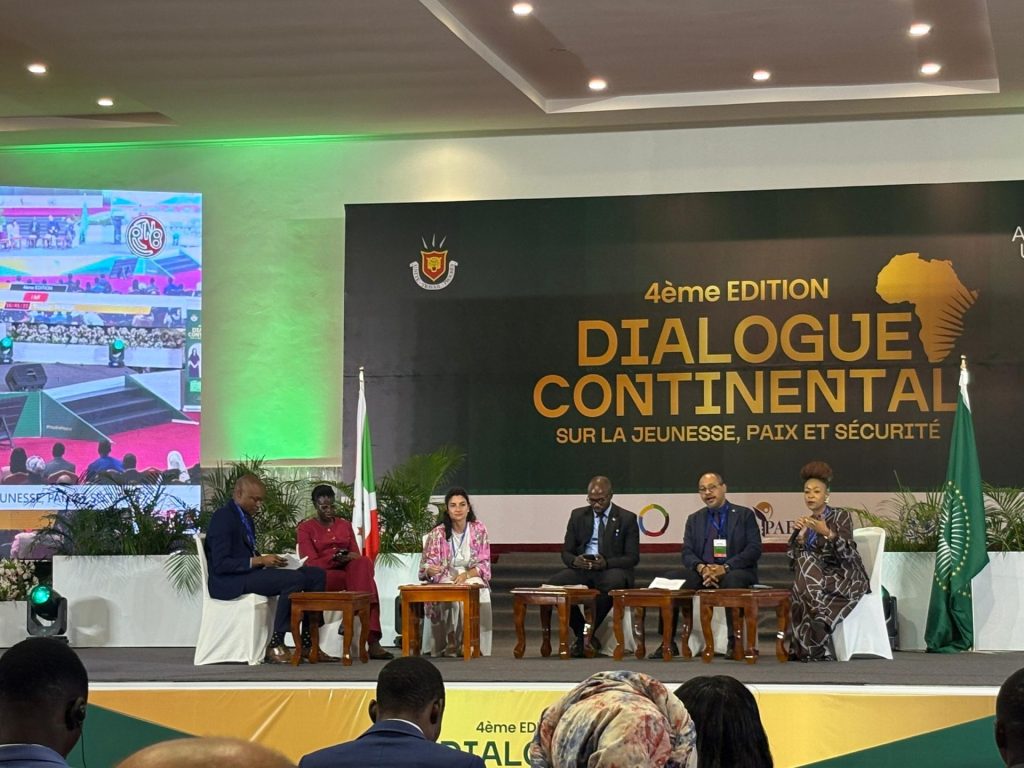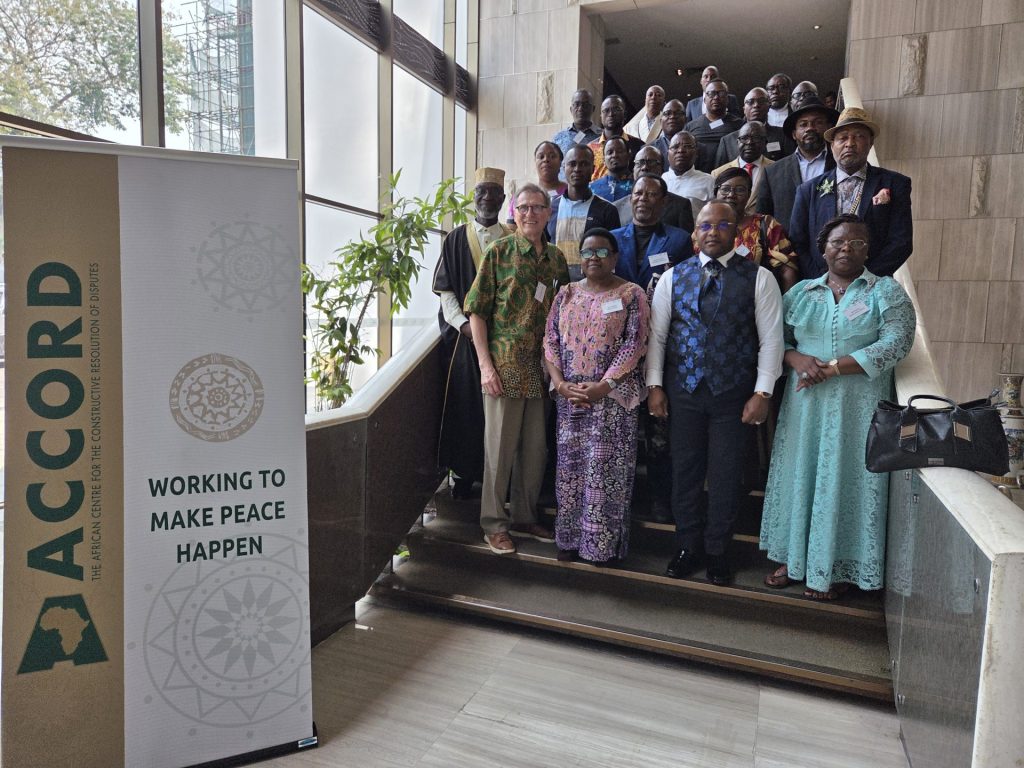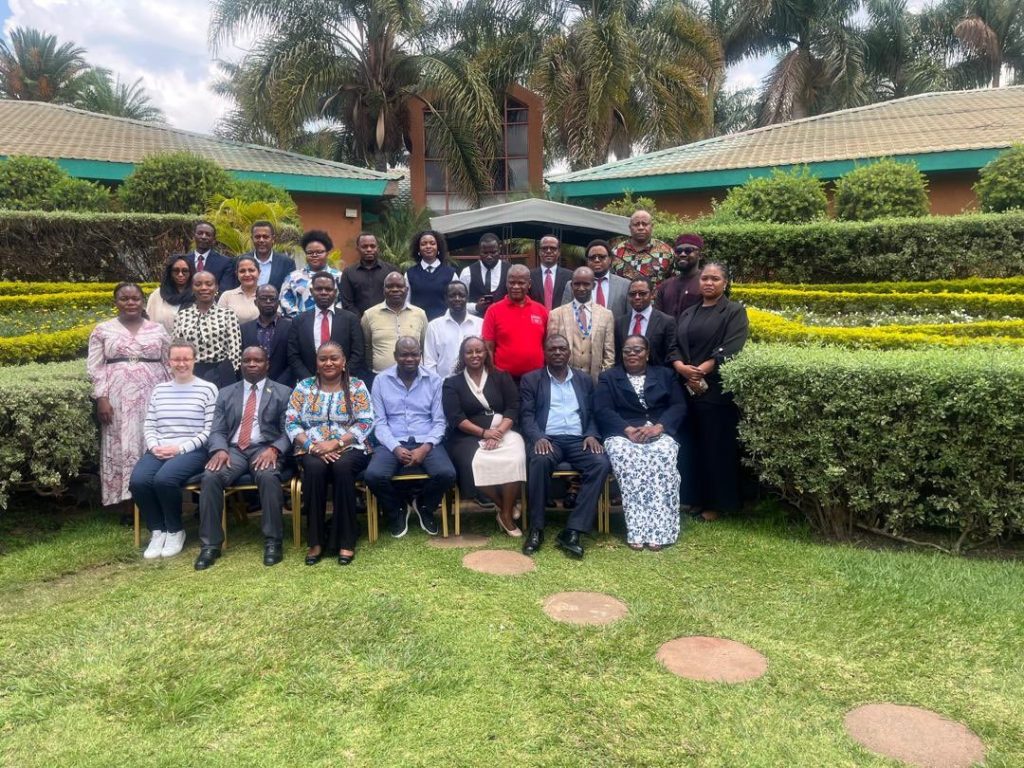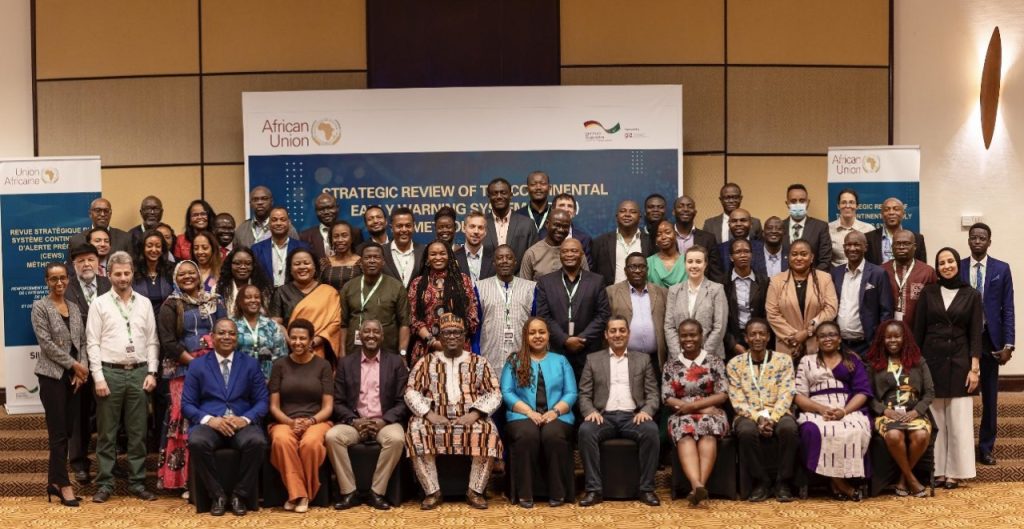The Lord’s Resistance Army (LRA) is one of the deadliest insurgent movements to operate in Africa; both in terms of longevity, as well as the large-scale humanitarian upheavals it has caused. The LRA rebellion began in Uganda in 1986 and has grown to become a regional problem that has moved beyond the source to engulf the Central African Republic (CAR), the Democratic Republic of the Congo (DRC) and South Sudan. This has obliged regional leaders, as well as the international community, to cooperate better as they jointly seek to eliminate the LRA’s threat to regional peace and security.
In an effort to contribute to knowledge about the ongoing regional and international responses to the rebel movement’s activities, ACCORD has published a Policy & Practice Brief (PPB) that examines early initiatives aimed at eliminating the LRA and analyses the mandate and focus of the recently launched Regional Cooperative Initiative for the Elimination of the LRA (RCI-LRA). The PPB, titled ‘The never-ending pursuit of the Lord’s Resistance Army: An analysis of the Regional Cooperative Initiative for the Elimination of the LRA’, was authored by John Ahere and Dr Grace Maina. The former is a Senior Programme Officer within ACCORD’s Peacemaking Unit while the latter is an independent researcher and former Manager of the Knowledge Production Department at ACCORD.
The authors provide a succinct overview of the LRA’s cause and threat, while elucidating on the negative impacts of the group’s activities in East and Central Africa, as well as describing the efforts of the Uganda People’s Defence Force (UPDF) and other military bodies to capture LRA members and eradicate the group. Efforts of the UPDF and its strategies are examined by the authors in order to shed more light on why the LRA still continues to survive.
The PPB’s main focus is on the African Union-led RCI-LRA which is currently being implemented by the armed forces of the CAR, the DRC, South Sudan and Uganda, as well as military advisors from the United States of America. The authors provide insight into the development and operationalisation of the RCI-LRA. Similar to other interventions, the RCI-LRA is faced with challenges that could potentially impede its success. Apart from the initiative’s potential to further complicate the volatile situation in the CAR (which is where the LRA are mainly operating from currently), the authors highlight other credible threats that are likely to limit the success of the initiative. In light of these considerations, the authors propose certain recommendations which, if followed, will go a long way towards contributing to the success of the RCI-LRA and, by extension, conclusively address the LRA problem. An important element in the recommendations put forward is that the use of force alone will not solve the LRA problem.
ACCORD’s PPBs provide succinct, rigorous and accessible recommendations for policy makers and practitioners in order to stimulate informed and relevant debate to promote dialogue as a way to peacefully resolve conflict. To this end, this brief offers a credible contribution to calls for comprehensive conflict management strategies, especially where the use of force has been proposed in various conflict situations on the African continent.

